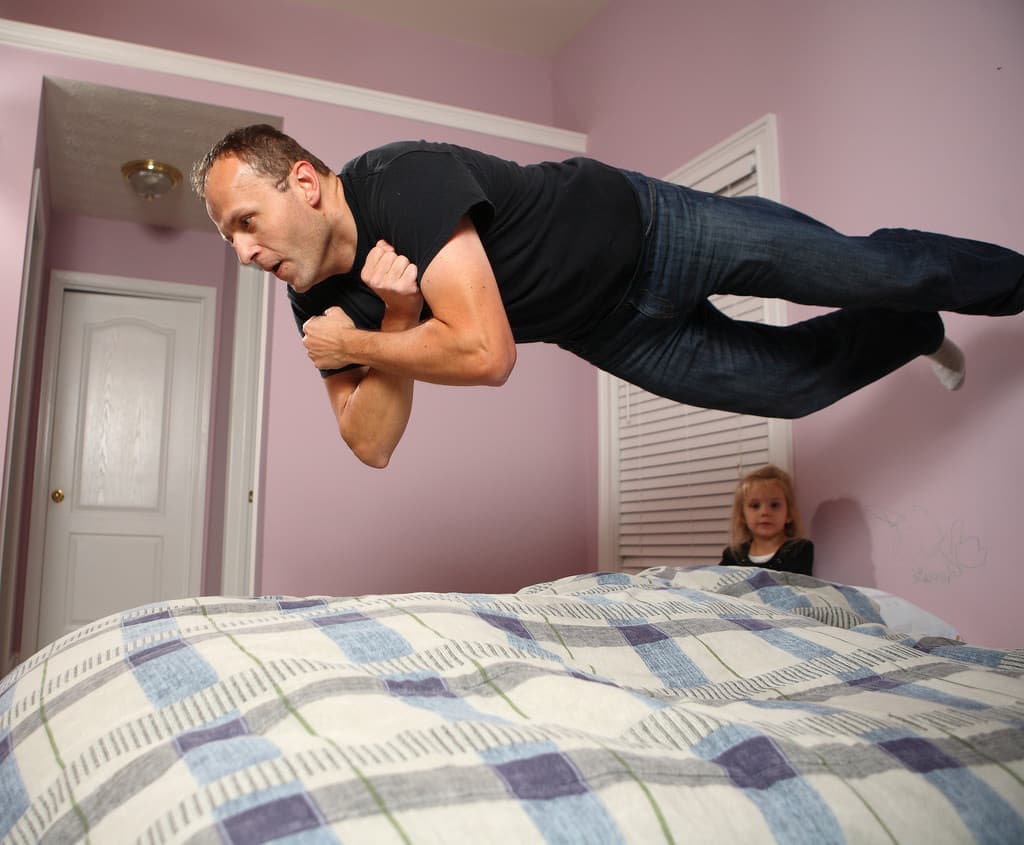Denver's new rules for Airbnb and similar short-term rental services just took effect, which means that hosts here have six months to get legal.
First, there are a few requirements.
- You must be a legal resident of the U.S.
- The place you're listing must be where you live.
- If you don't own it, you'll need written permission from the property owner.
- You should check that your insurance covers short-term rental stuff.
- You'll need a "lodger's tax" license from the city. More on that here.
Then you can apply for a license.
Once all that's ready, you can submit an application to the city. The license costs $25, and you'll have to get it renewed annually.
Getting that application approved is the only way to legally operate a short-term rental here, and you're supposed to do it by Dec. 31 of this year.
Once you're licensed, you'll need to follow these rules.
- You'll have to include your new license number on all listings and advertisements.
- You'll have to provide a packet of "applicable city rules and restrictions" to guests "upon booking." The city's short-term rental site lists relevant ordinances.
- You'll have to have a working smoke detector, carbon monoxide detector, and fire extinguisher in the unit.
- You'll have to maintain general liability insurance.
- The city says you should talk to your neighbors about your rental unit.
What if I don't do it?
The city will fine you up to $999 per incident, including failure to list your license number and failing to get a license, starting in 2017.
The highest fines will be reserved for repeat offenders, the Denver Post reports. The city will enforce the rules in part by checking the listings on Airbnb and other sites.













